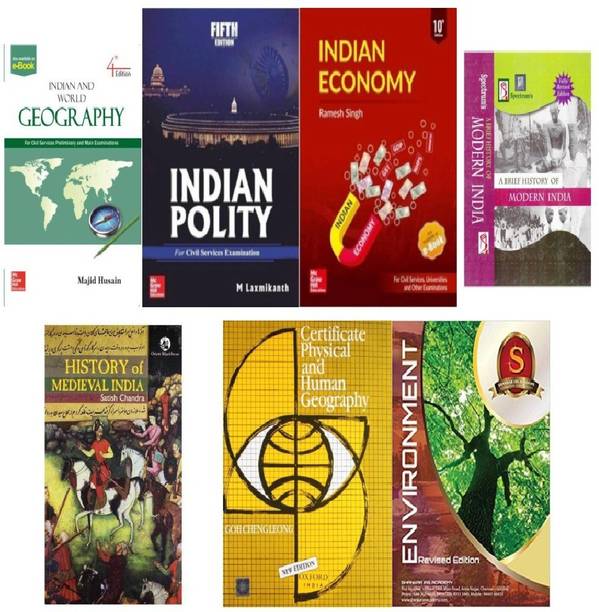Yes, it is the same legendary M.Laxmikanth who wrote that book on Indian Polity. In the pre-CSAT era, there was GS+ Optional Subject paper (120 questions worth 300 marks). The Complete Syllabus of 5th edition Book; New Doc 2017-04-02.pdf. The Extra Part In Pdf. Laxmikant Extra Chapters in 5th Edition.pdf. The Complete e-Book 4th Edition. Laxmikanth - Indian Polity.pdf. 1 Laxmikant 5 edition ebook. Indian Polity - 5th Edition - M Laxmikanth.pdf.
For those totally newcomers, wanting to prepare Public Administration in Just 2-3 months. • • • • • • • • • • • • • • • • • • • • • • Public Administration as a Mains Optional Subject • Public Administration is a very popular optional subject both in UPSC and state public service exams because • The syllabus is relatively short, requires less mugging (compared to geography or history) • Syllabus has a lot of overlapping with topics of general studies and Essay (polity, budget, empowerment, good Governance, disaster Management etc) • Books, material and question papers of public administration are very easy to find in both English and Hindi medium. • The subject is easy to understand, any graduate from any stream: medical, engineering, science, commerce or arts can get a good grip over it after to 2-3 months of diligent preparation.

• This optional subject is taken in huge number by both English and non-English medium aspirants, so when they get selected for the interview, the “success-rate” looks huge compared to Botany and Medicinal science. Cara buka situs porno yang diblokir tanpa aplikasi. Challenges of Public Administration • Public Administration is an “easy” subject hence any Tom, Dick or Harry can read the books once and (can manage to) attempt the questions. So it takes much effort to shine out from the Mains-crowd in terms of answer quality. • Lately UPSC has started asking unconventional question, thus making the life a little more difficult. More about it under sub-topic below • Keep in mind, selecting Public Administration as optional doesn’t automatically make you an IAS- hard work and good luck are essential. “Before a science can develop principles, it must possess concepts” – Herbert A. Simon So let us possess some concepts before developing the Principles of Public Administration Preparation Strategy.
(PAPS!) There are two types of questions in Public Administration (Mains) Exam Types of Question: Static vs Dynamic Static Questions • They are on the expected lines, directly lifted from the books. • They don’t require brain application, in the answer sheet you just have to jot down whatever points you’ve prepared (or mugged up.) • For example: Functions of Cabinet Secretary or Functions of O& M office. • Problem: even a 7 th standard kid can read the book once and understand what it is all about. • But when you actually answering in 150 words, you have to write down the specific points, you cannot beat around the bush, like you did in the board and university exams by filling up answersheets by garbage and repeated lines. • And You cannot waste 10-15 minutes in “brainstorming or framing” an answer for this.
You just have to mechanically reproduce the information from your mind on the piece of paper. • The advantage of a static question is, you write down the points and get full marks (unlike Dynamic questions, where the examiner may be expecting for a different angle of answer or opinion altogether) • Static questions give competitive advantage to rot-learners. For example if total functions of Cabinet Secretary are ten and you write down only 6, while others write 9 or 10, you are a gone case. • That’s why always have a crispy “key-words” note ready for static questions.
For example • functions of cabinet secretary: • 1. Agenda 4 cabinet • 2. Advice PM • 3. Newspaper case • 4.
Conscience keep • 5. Chief coordinate • 6. Select Jt.secy • 7. Conference of C/S —etc.etc.And so on. ^or in the book itself, write down the keywords in the margin of the same page. You can quickly do revision of it.
Whenever you pick up the book for the first-time, just finish the notes making simultaneously. “baad mein kar loonga” (I’ll do it later) approach is dangerous. You’ll have to re-read the entire topic again. Type:2 Dynamic Questions Dynamic questions are “not directly from the book”.

You’ve to pause, brainstorm, think and structure an answer before putting it on paper. Example: Kautilya’s Arthashatra bears considerable similarity with features of Weber’s ideal bureaucratic model. -2009 Mains Here, First you’ve to brainstorm the ideas, e.g.